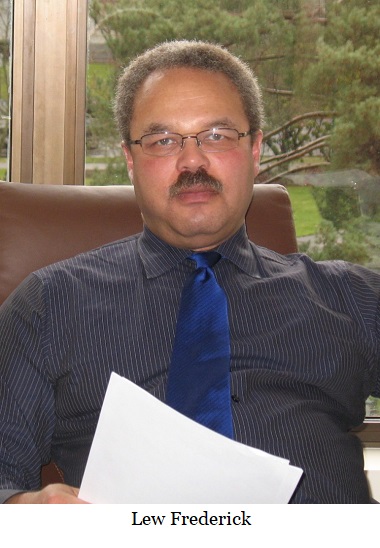Mandatory interpreting services to begin in July
New rules in Oregon that go into effect on July 1st will mandate health care providers reimbursed with public funds to work with credentialed health care interpreters qualified or certified by Oregon Health Authority (OHA).
The rules drafted by OHA reflect changes in the requirement for health care interpreting services in Oregon that were made by the state Legislature’s passage of
HB 2359 during the 2021 session.
HB 2359 was chiefly sponsored by Representative Andrea Salinas (D-Lake Oswego), Representative Ricki Ruiz (D-Portland), and Senator Lew Frederick (D-Portland).
These new rules mandate that people for whom English is a second language (those with limited English proficiency) or who use sign language can access more health care.
In addition to requiring publicly reimbursed health care providers to work with a qualified or certified health care interpreter listed on OHA’s 900-plus-member central registry, the law outlines recordkeeping requirements for health care providers and interpreting service companies when they work with a health care interpreter. Among the requirements are that they document the interpreter’s name, central registry number and language interpreted.
The law also requires health care providers to supply appropriate personal protective equipment, or PPE, at no cost to a health care interpreter for onsite interpreting services. And it directs OHA to develop policies and processes to improve the quality, consistency, availability and affordability of training, and qualification and certification standards, for health care interpreters, as well as accuracy and usability of the OHA central registry.
A D V E R T I S E M E N T

A D V E R T I S E M E N T
In addition, OHA – and state boards that license and certify health care professionals – must develop rules to enforce the new requirements for health care interpreting services.
“We are pleased we received participation and input from community partners and pleased that this legislation strengthens and supports language interpretation services in Oregon,†said Leann Johnson, director of the Equity and Inclusion Division at OHA.
One of the organizations OHA is partnering with to eliminate barriers that prevent access to health care interpreter services is Pueblo Unido PDX. The Portland-based nonprofit connects individuals with a vulnerable immigration status in the Pacific Northwest with legal, social and Indigenous language interpretation services.
“Pueblo Unido PDX and the Collective of Indigenous Interpreters of Oregon (CIIO) are grateful for the opportunity to collaborate with OHA to identify and address barriers to healthcare interpreter credentialing for Indigenous language interpreters,†said Cam Coval, executive director of Pueblo Unido PDX.
He said OHA’s Equity and Inclusion Division staff actively listened to feedback from Pueblo Unido and CIIO and “did not hesitate to implement our suggested changes, including eliminating the background check requirement and creating an exception to the GED or educational equivalency requirement for health care interpreters.â€
House Bill 2359 allows some exceptions for health care providers in working with a health care interpreter, including that:
- The health care provider is proficient in the preferred language of the person with limited English proficiency.
- The person with limited English proficiency has an interpreter they prefer to work with who is not on the central registry.
- The health care provider tried to find an interpreter using the central registry, but no interpreters were available.
For more information about HB 2359, OHA’s central registry or health care interpreter services, visit the
Health Care Interpreter Program website.
--Bruce Armstrong| Post Date: 2022-06-15 17:32:59 | Last Update: 2022-06-15 17:59:23 |







